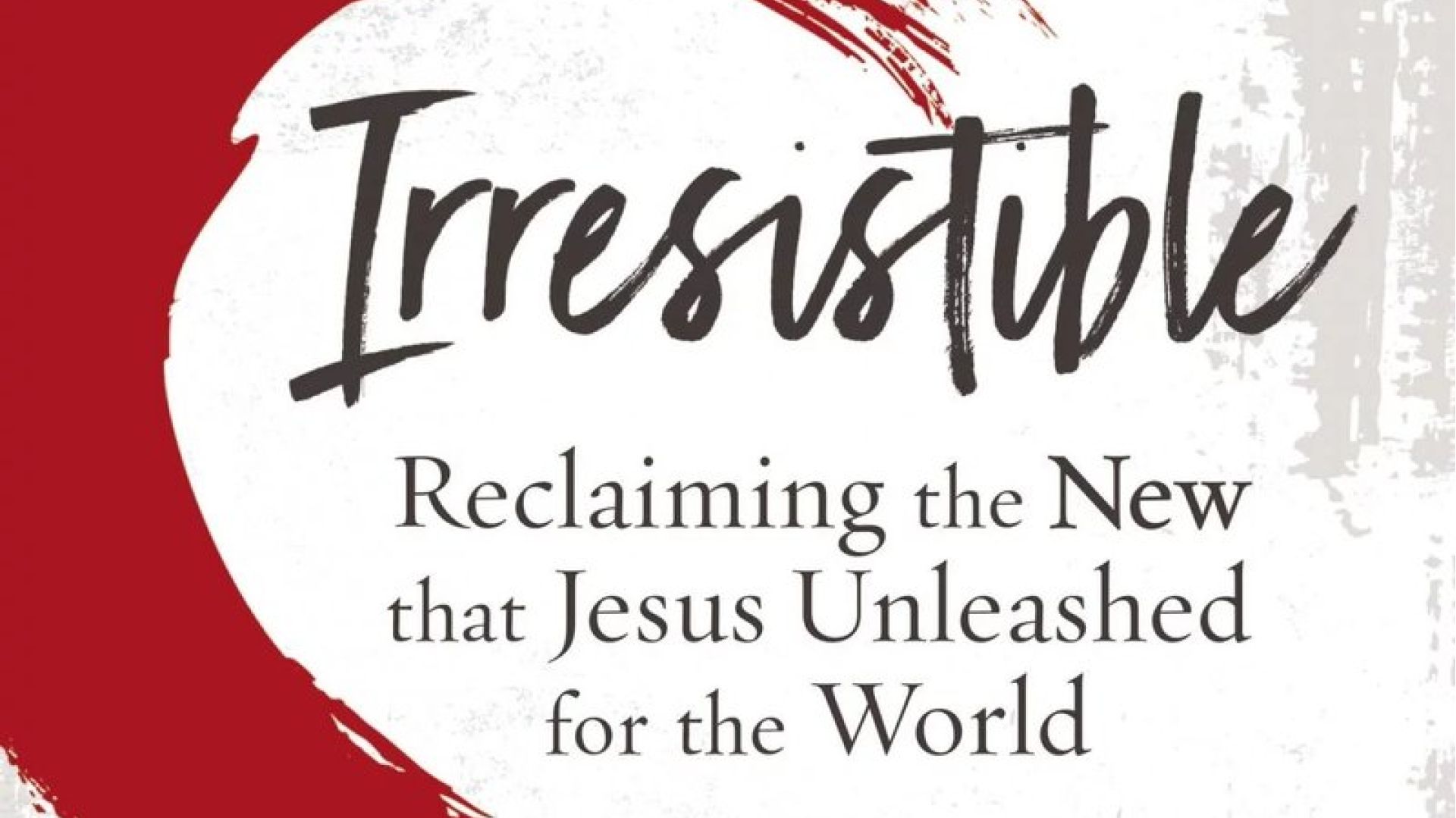
My Provider IDENTITY Crumbled. What God Taught Me Next...
I want to talk to you about the idea of provision—the role of being a man, a father, a husband, a business owner, or simply someone who provides for the people we care about. This is something I struggled with, and it came to an acute point in my journey. I want to share what led up to that, where it took me, and explore some ideas around providing, not being able to provide, how that tied into my identity, and the type of faith needed to transcend that identity role into something much more powerful and bigger.

A Business Decision
Let’s rewind to 2013. I had a marketing company from 2007 to 2014, and 2013 was the final year of the company. At the beginning of that year, we decided to explore the future of the company, which meant we would go into the year with an open hand regarding the business’s future and the people involved.
At the time, I had a team, an office, and a variety of different responsibilities. In many ways, the company was operating in a great way, and we loved our clients and the work we were doing. However, through a series of events, I was compelled to explore the next stage of the business.
The Struggle of Providing
During this final year, we had ups and downs financially. Some months we were doing well, and some months we weren’t. We communicated transparently with the team about what was going on. This contrast illuminated my deep desire to provide—both for my family and myself, but also for the team and their families.
As a business owner, we have a sense of responsibility to the team, and we are responsible for the company’s financial provision. This role of provision becomes a significant part of our identity. As a man, there's another layer as both a father and a husband to provide for my family.
When things were not going well financially, I felt the burden to provide for them, but I was inadequate. I felt like I was failing as a person and a leader. In that direct sense, that was the case. But on the flip side, God was trying to show me that He ultimately is the provider.
Conflating Roles and Human Dependency
I was able to unpack the idea of me providing versus God providing and how I was conflating my role as provider with God’s role as Provider. The reality is, as a man, a leader, or a business owner, we can get tied up in an identity where providing is something we need to be doing to feel good about ourselves, to feel a sense of purpose, significance, or achievement.
However, as humans, we are both dependent and decaying people. We are getting older and weaker. Our abilities to provide will diminish as we age. We come into this world utterly dependent, and we leave this world utterly dependent. That sense of helplessness is terrifying. If you’re like me, it can create a sense of dread.
Identity That Transcends
As a man, a leader, and a Christian, I believe God wants for me, and for you, a type of identity that transcends temporary and fleeting aspects of human life. For example, if my identity is tied to being strong or making a certain amount of money to pay my family expenses, and I lose that ability or provision, I can enter a very dark place.
Sometimes, God uses those dark places to help us discover:
- How helpless and out of control we ultimately are as humans.
- How powerful, amazing, and loving He is, and how much He provides for us.
God wants to help us have an identity so grounded in Him and His love that when we face difficult challenges, we are still grounded. We are still able to face those difficult things and trust in Him to continue moving forward, even when we are scared, feel dread, or feel helpless.
God as the Ultimate Provider
God is ultimately the provider. Sometimes, He uses me to provide for my family; for most of our family life, the financial provision has fallen on my shoulders. This gives me purpose, and I have an obligation and duty to do it. But it can also become an identity where it's too much of who I am, and I put too much on my own shoulders.
This idea of trusting God to provide allows me to let Him do His work, sometimes by sidelining me for a moment, a season, or even permanently. For instance, if an employee left the company, the provisional responsibility for them would change to someone else.
In ultimately shutting down the business, God was showing me that He is the ultimate provider, and sometimes He uses me. This realization gives me a safety net and someone to trust. When I am unable to provide, it removes the burden and the pressure that I always have to be "on" or perform at a certain level. I give that burden to God, realizing that sometimes He'll use me, and sometimes I'll be sidelined. I have to be comfortable playing different roles: as a player, a coach, or simply an audience member.
Value Beyond Provision
My identity is based on something beyond my own ability to provide. When I am unable to provide, I still have value to God as a child of God, just because I am one of His creations. Because I am His child, I have value, and whether I provide or not does not remove my identity or who I belong to. Ultimately, God will provide for others even when I am unable to do so.
The Opportunity in Receiving Help
This also adds a layer to the idea of receiving help. As someone who has had a lot of pride, receiving and accepting help can be difficult because it illuminates my dependency and how I can be out of control and helpless.
By leaning into that dependency and allowing others to play a role—to share their life with me and to help me—it gives us all an opportunity to learn, grow, and share. As someone who loves to help other people, for you or for me to receive that help enthusiastically is a wonderful, life-giving opportunity. Sometimes we play the role of giving help; sometimes we play the role of receiving help. We should do both enthusiastically.
That’s a little insight into my experience with my marketing company and figuring out that God was the provider, and sometimes I would play that role.


